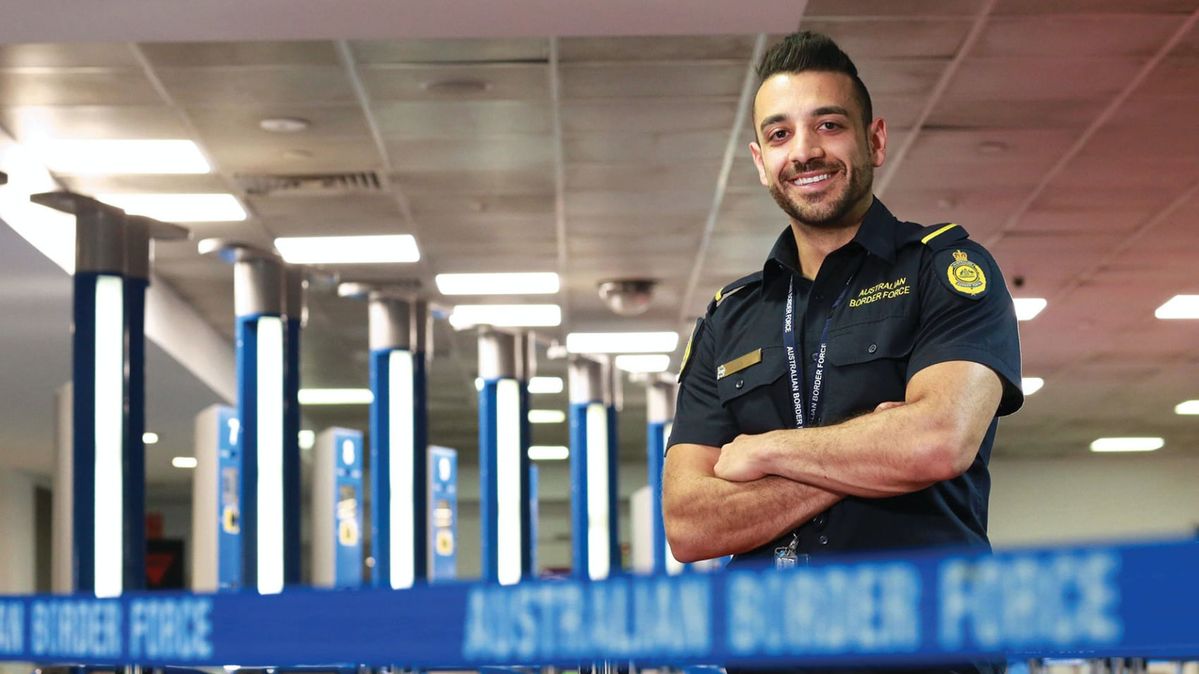Australia's international travel ban likely to remain until late 2021
With the exception of travel bubbles to COVID-free countries, overseas trips may be off the agenda until this time next year.

Australia's international borders are likely to remain closed until late 2021, a timeframe which would see the Government's contentious travel ban stretching to an unprecedented 18 months.
Federal Treasurer Josh Frydenberg flagged the distant date in his post-budget address to the National Press Club in Canberra this week.
"International travel, including by tourists and international students, is assumed to remain largely closed off until late next year and then gradually return over time, and a vaccine to be available around the end of 2021 is one of the assumptions in the budget," Frydenberg said.
“We have taken every step possible to give Australia the best possible chance of getting a vaccine," he added.
Prime Minister Scott Morrison has already pledged that all Australians will be offered free COVID-19 vaccine shots under a $1.7 billion program, although his forecast was for the vaccine to be available from early 2021.
An estimated 3.8 million doses of the Oxford-Astrazeneca vaccine, which remains in late-stage testing, would be available in the first two months of 2021 for vulnerable Australians and front-line healthcare workers.
Frydenberg's more pessimistic, although perhaps also more realistic, projection would make exceptions for 'travel bubbles' formed through bilateral agreements with countries – especially self-contained nations – such as New Zealand, Singapore, Japan and Taiwan, as each brings the pandemic under control.
These would allow Australians to take business trips or holidays to those countries without undergoing mandatory quarantine, although it's likely that COVID tests would be required on arrival, and potentially just prior to the trip itself.
How to travel before a vaccine is available
Rapid testing has now become a focal point for governments and airlines as they attempt to reboot international travel.
The International Air Transport Association hopes the broad availability of rapid antigen tests could make them mandatory for all travellers, in turn removing the need for quarantine periods that are currently "killing" the market, said IATA chief Alexandre de Juniac.
"The key to restoring the freedom of mobility across borders is systematic COVID-19 testing of all travellers before departure," de Juniac has stated.
"This will give governments the confidence to open their borders without complicated risk models that see constant changes in the rules imposed on travel. Testing all passengers will give people back their freedom to travel with confidence. And that will put millions of people back to work."
Qantas CEO Alan Joyce has also suggested that rapid testing could be rolled out as a pre-vaccine measure.
“There’s some great developments in testing that could resolve the issue of people needing to go into quarantine,” he noted in September's CAPA Australia Pacific Aviation Summit.
Those tests are “potentially super-fast, 15 minutes or so, to test whether you’re exposed to COVID-19, which means if you pass there’s no need to be in quarantine at the other end.”
While many countries now allow Australians to enter, permission from federal authorities is still needed to head overseas, and returning residents face a mandatory 14-day hotel isolation period costing upwards of $3,000, which is charged to the traveller.
Also read: Australian travel ban exemptions prove easy for some, hard for too many


